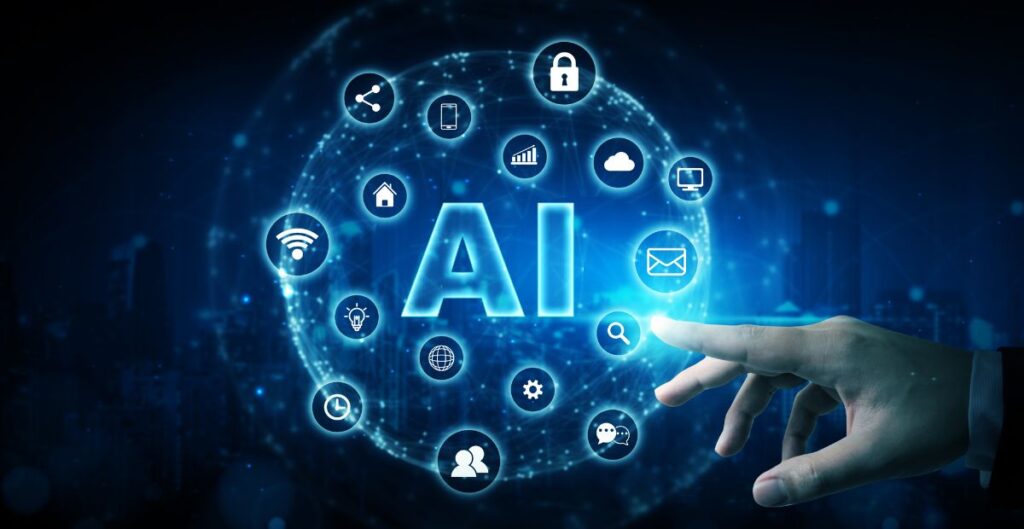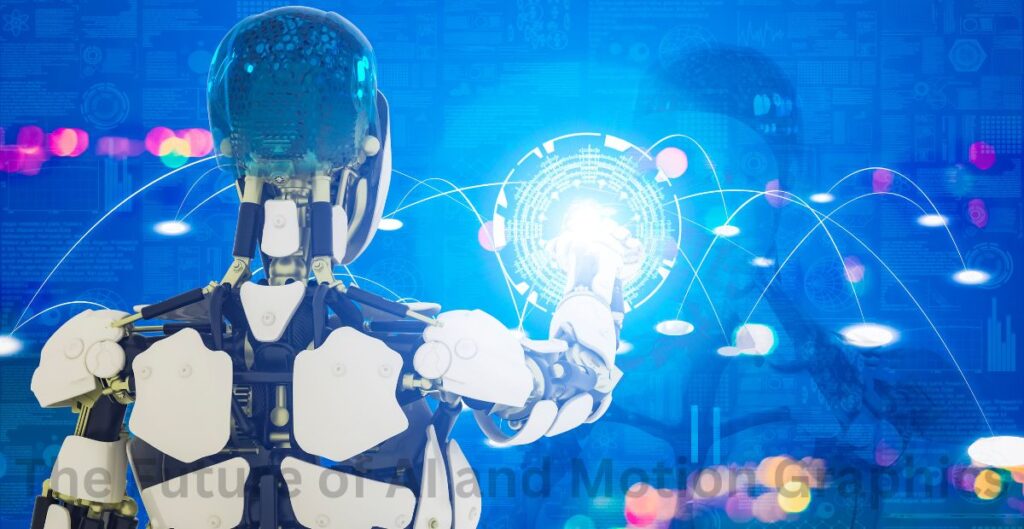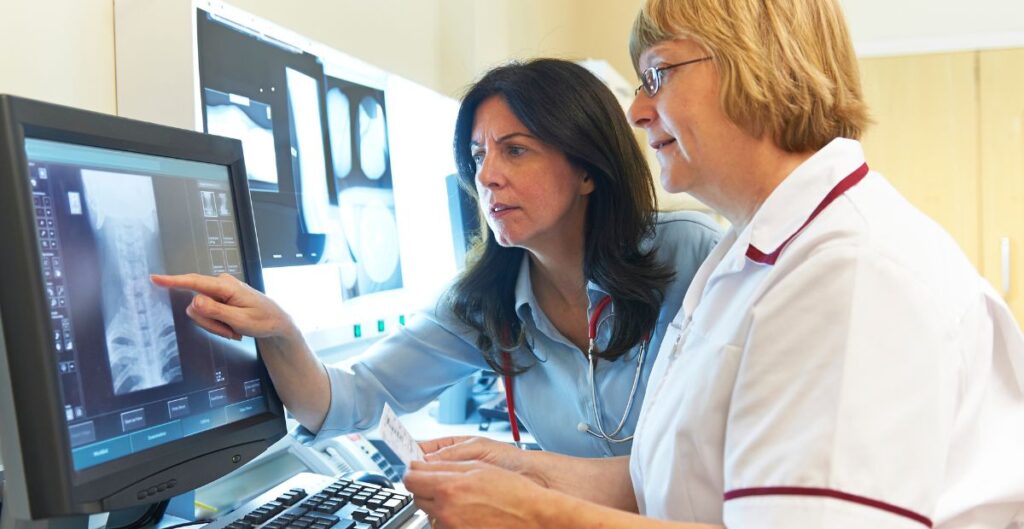- Introduction
- How is AI Used in Space Travel?
- Importance of Artificial Intelligence in Space Travel
- Examples of AI in Space
- Future of AI in Space
- Has AI Discovered Anything in Space?
- Disadvantages of AI in Space Exploration
- How is Artificial Intelligence Helpful in Travel?
- What is the Role of Artificial Intelligence in Astronomy?
- Artificial Intelligence in Space Travel Project, PDF, and PPT Resources
- Conclusion
- FAQs
Introduction
The exploration of space has presented major difficulties to scientific investigations since the beginning. Scientists have persistently worked on making space missions, both Moon landings and Mars exploration successful. Now, artificial intelligence in space travel is making these missions even better.
Through its analysis of data and spacecraft control systems, and ability to execute rapid decisions AI provides support to space organizations NASA and ESA. Using artificial intelligence increases both safety measures alongside operational efficiency in space missions. The methods through which AI supports space exploration require further exploration.
How is AI Used in Space Travel?
Several modern space mission applications use artificial intelligence technology to achieve better results. AI serves a vital role across different areas to include the following functions:
- Self-Driving Rovers – AI helps robots like Perseverance move safely on Mars.
- Satellite Monitoring – AI systems analyze satellite information to track meteorological conditions as well as monitor climatic conditions together with asteroids through their observation data.
- Helping Astronauts – Astronauts obtain essential information with the assistance of AI assistants such as CIMON.
- Mission Planning – AI predicts possible problems and helps find solutions.
AI systems enable the completion of complex space-related tasks which would otherwise be too time-consuming for human operators.
Learn more about NASA’s AI projects.
Importance of Artificial Intelligence in Space Travel
AI is very important in space travel because it:
- Reduces Communication Delays – AI reduces decision delays through automatic response until Earth receives the information.
- Processes Huge Amounts of Data – AI helps space telescopes like Kepler find new planets.
- Saves Money – AI reduces the need for large teams to control missions.
- Improves Safety – AI detects technical problems before they become serious.
Without AI, space exploration would be slower and riskier.
Find out how AI is helping astronomy.
Examples of AI in Space
AI is already being used in space. Here are some examples:
- NASA’s Perseverance Rover – Uses AI to explore Mars.
- James Webb Telescope – AI helps analyze space images.
- ESA’s Rosalind Franklin Rover – Uses AI for Mars exploration.
- CIMON (AI Assistant on the ISS) – Helps astronauts with tasks and reminders.
The existing applications demonstrate that artificial intelligence technologies have established a significant influence on space exploration.
Future of AI in Space
The future of AI in space looks exciting. Scientists are working on:
- AI-Powered Spacecraft – Future spacecraft will use AI for navigation.
- Self-Repairing Robots – AI robots will fix themselves in space.
- AI-Managed Space Stations – AI will help maintain space stations.
- AI-Assisted Space Mining – AI will help collect minerals from asteroids.
AI will make deep-space missions easier and more successful.
Read more about AI’s role in future space missions.
Has AI Discovered Anything in Space?
Yes! AI has helped discover:
- Exoplanets – AI has found new planets outside our solar system.
- Galaxies – AI has identified new galaxies from space images.
- Black Holes – AI helps scientists study black holes.
Research conducted daily reveals new discoveries about the universe as a result of Artificial Intelligence systems.
Disadvantages of AI in Space Exploration
AI has many benefits, but there are some challenges:
- High Cost – AI technology is expensive.
- Technical Issues – AI can make mistakes or fail.
- Less Human Control – Overusing AI can reduce human involvement.
- Ethical Concerns – AI decision-making raises safety questions.
The scientific field works to boost artificial intelligence capabilities to achieve higher dependability standards.
How is Artificial Intelligence Helpful in Travel?
AI is not just useful in space. It also helps in air travel and transportation on Earth. Examples include:
- Smart Flight Planning – AI helps airlines plan the best routes.
- Self-Driving Cars – AI powers autonomous vehicles.
- Better Customer Service – AI chatbots help passengers with travel details.
The same AI used in space can improve travel on Earth too.
What is the Role of Artificial Intelligence in Astronomy?
AI helps astronomers in many ways, such as:
- Analyzing Space Data – AI studies massive amounts of space data.
- Predicting Space Events – AI can warn about asteroid movements.
- Classifying Stars and Galaxies – AI helps organize space objects.
AI makes studying space much faster and more accurate.
Read about AI’s impact on astronomy.
Artificial Intelligence in Space Travel Project, PDF, and PPT Resources
If you want to learn more, check out these resources:
- Artificial Intelligence in Space Travel Project – Great for students and researchers.
- Artificial Intelligence in Space Travel PDF – Download research papers.
- Artificial Intelligence in Space Travel PPT – Find educational presentations.
- AI in Space Exploration PDF – Read detailed reports on AI in space.
These resources will help you further explore AI in space travel.
Conclusion
Artificial intelligence in space travel is changing the way we explore space. From self-driving Mars rovers to AI-powered space telescopes, AI is making missions faster, safer, and smarter.
The process of finding new planets together with galaxies and black holes receives assistance from AI despite its current difficulties. The enhancement of AI technology will produce more thrilling prospects in space exploration.
One day, AI might even help humans live on other planets! 🚀
FAQs
How is AI used in space travel?
Artificial intelligence serves as a control system for spacecraft operations while it analyzes space data and provides support to astronauts during missions. Moreover it helps designers create spaceflight plans.
How is artificial intelligence helpful in travel?
Travelers gain assistance with bookings because AI simultaneously enhances flight planning and operates in self-driving vehicles.
Has AI discovered anything in space?
Yes, Through its operations, AI technology has resulted in discoveries of new planets in addition to galaxies and black holes.
What is the role of artificial intelligence in astronomy?
Artificial Intelligence enables astronomers to study space phenomena through its ability to handle extensive space data.






